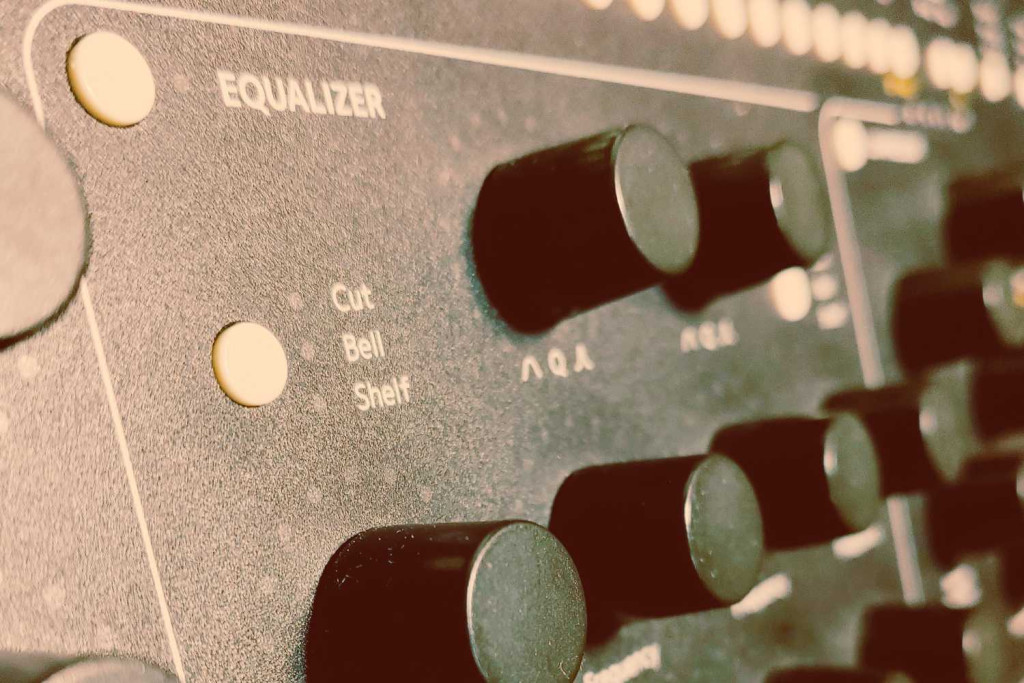After working on over 200 plus projects as a mastering engineer, I’ve gained valuable insight on how to get the best experience for you and your music – So, here’s how to work with a mastering engineer to get the most out of your music.
Below is a short list of what to do and what not to do when working with a mastering engineer. This is by no means a list of grumbles as a mastering engineer! I love my job. It’s all about empowering you to achieve the best possible outcome for your music.
Here’s what you should try to do:
Send reference tracks
Send a couple of reference tracks along with your own track to be mastered. Say what it is about these tracks that you’d also like to capture in your own, for example the loudness, EQ curve or vintage feel.
Say what you’re hoping the master will bring out
What was the original purpose of your track? Was it the groove to get people dancing? Was it the story of your lyrics to be heard? Either way a master can enhance those aspects and really show them off. So, make sure you remember what originally inspired your track.
Express what you want as clearly as possible
Along with those first 2 points, try to communicate clearly what you’d like. Even if you’re unsure, say “I’m unsure!”. But it’s better to try and explain rather than say “I’ll leave it up to you”. Sure, a mastering engineer can use their experience but try to describe what you’re hoping for otherwise you might not get what you want.
Be ready for criticism
A good mastering engineer will alert you to anything that might be harming a good master from the original mix. It could be something as simple as the bass being too loud. And, sometimes the mastering process highlights these things further. If you have access to change the mix then great, if not sometimes a mastering engineer can make some alterations in the master to help.
Be ready for a different sound
You may have listened to your mix 100s of times. That’s OK. But sometimes you get used to hearing a certain sound and then when a mastering engineer takes a look you may hear your master as “wrong” rather than just different. One particular area that can sound “wrong” is the top end of a track. Sometimes a mix may be very treble-heavy and you might have a got used to that. A mastering engineer may dial that back so it is more conventional, but on a first listen with your ears it may sound dull! Give it some breathing space and a few listens and then come back to it again the next day.
Ask questions
It’s OK to ask questions. You could ask “could it be louder?” etc. Your mastering engineer will be happy to answer questions and will likely have justified responses like “it could be louder, however the dynamics really shine through at the moment”. There is little that is right or wrong, so ask questions and ask for changes if you need to.
Here’s what you should try not to do:
Remain attached to your reference track
Reference tracks are great, but as the name suggests they are reference points. So try to embrace the differences in your track as they are unique to you and your song. A good analogy is like going to get your haircut and taking a photo of a haircut you would like. Sure, it will give a rough idea to the person cutting your hair but it won’t be exactly the same because you’ll have a different shaped head or different type of hair etc. So use reference tracks as references rather than something to copy and embrace your uniqueness!
Judge an engineer by his first take on your song
Now an engineer might get the master right for you first time and you might love it. But there also might be some things they’re trying out on your master to see what you like and what works for you. They may push the compression harder. They may tweak the EQ differently. Either way, don’t feel disheartened if it doesn’t initially blow you away. Instead, explain what you do and don’t like and work with your engineer.
Be vague
“I don’t like it, but I don’t know why” – These words won’t help your music unfortunately. Try to be as descriptive as possible and if you’re struggling take some time and listen on different devices. Really feel what’s happening. No words are too silly! Your engineer will understand.
–
Working with a mastering engineer should be an enjoyable process with your music. Don’t be afraid and don’t be embarrassed. The mastering engineer is there to work with you. As a mastering engineer myself I love hearing all kinds of music from all varieties, levels and even recording quality! Overall, be open and be ready!

